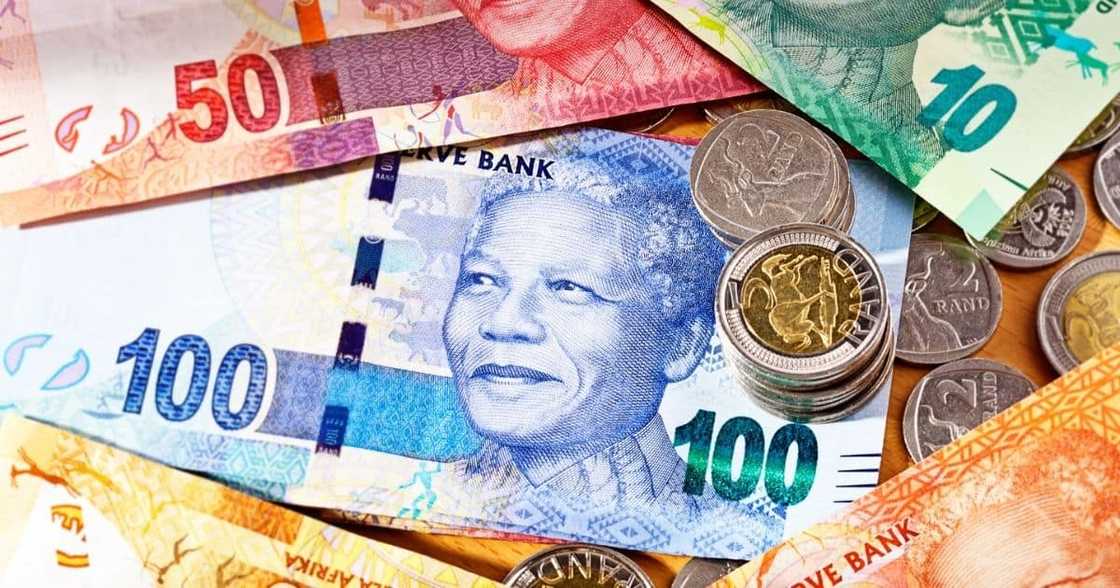South Africa in Jeopardy of Greylisting by International Watchdog Over Illegal Money Flow
- Financial institutions are sounding the alarm as South Africa is at risk of being put on a greylist for alleged illicit money transfers
- The move will have unprecedented effects on the nation’s economy, as it would likely make doing business in South Africa much harder
- The National Treasury is confident that the situation is dire but can be turned around before the end of this year
New feature: Check out news exactly for YOU ➡️ find “Recommended for you” block and enjoy!

Source: Getty Images
South Africa is at risk of being greylisted by the Financial Action Task Force (FATF). This move could threaten the nation’s banking system, tarnish its relationships with international banks and result in foreign disinvestment.
BusinessTech reported that the FATF released a report highlighting significant weaknesses in some of South Africa’s Financial regulations, resulting in high levels of money laundering and terrorism funding.
SABC News reported that South Africa has until the end of August to submit a report to the FAFT outlining how the nation plans to remedy shortcomings flagged by the illicit funds transfer watchdog.
The National Treasury made a statement at the end of July saying that it was confident the country would have the deficiencies sorted out by the end of the year. Ismail Momoniat, the acting director general of the treasury, said amending the laws would be tough but doable.
PAY ATTENTION: Follow us on Instagram - get the most important news directly in your favourite app!
Momoniat said:
“While it will take about three years to effect all necessary changes, the country must demonstrate that we’ve got a credible action plan.”
The implications of being added to the greylist are far-reaching as the move could result in an overall decline in GDP. This is what happened in Mauritius, whose GDP dropped 1% within the first year of being greylisted.
While Nedbank CEO Mike Brom maintains the greylisting will not be as bad as a credit rating downgrade as the effect has already been priced into the markets, Sam Tshabalala, Standard Bank group executive, said being added to the greylist may result in South Africa being kicked out of the global financial system.
Tshabalala said:
“The rand will weaken, inflation will spike, interest rates will go up, it will be more expensive to buy food, pay for petrol, buy homes, buy cars. The country can’t afford it.”
South Africans react to the prospect of being greylisted
Many South Africans are concerned about the prospect of being greylisted, with many taking to social media to voice their anxiety.
Here are some comments:
@theblindwriter tweeted:
"South Africa greylisted for money laundering? It should have happened years ago. The corrupt ANC will now lose out on being able to hide the billions of stolen money."
@TsoloTshepo commented:
"Means there is no political will to fight this crime. Because politicians themselves are heavily involved the movement of illicit money flows… politically exposed people are doing the laundering. It’s nothing new. But it can go south much faster."
@molapo_vincent added:
"Some people (still questioning their IQ to date), shouted: ANC lives and ANC leads... Some repeatedly reminded us of Mandela... Well, here we are! What's the ANC gonna do for any of us at all?"
Asian markets struggle as traders contemplate more rate hikes
In a related matter, Briefly News reported that Asian markets mostly fell on Friday, winding back some of the previous day's rally, as traders come to terms with the likelihood that central banks will continue to raise interest rates to battle runaway inflation.
Equities surged across the region Thursday after the closely watched US consumer prices index eased more than expected in July, boosting hopes the Federal Reserve could slow down its pace of monetary tightening.
New feature: check out news exactly for YOU ➡️ find "Recommended for you" block and enjoy!
Source: Briefly News

